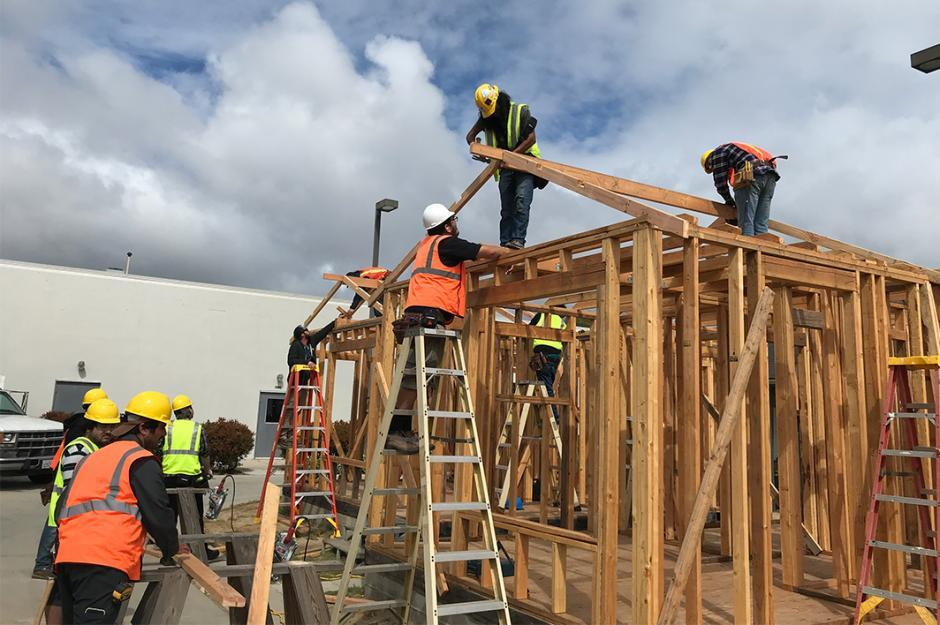Have a story idea
Have a story idea? Send it to us here.

Source : Vance Osterhout Unsplash
March 2, 2024
Author : Patty Allen
The labor shortage in the US construction industry has been under much speculation and debate in the last few years. Coming to the rescue was the apprenticeship program.
Previously underutilized by state and local governments, registered apprenticeships are gaining popularity among staff-starved organizations.
While public sector apprenticeships have long thrived in European countries, most US cities, counties, and states have done little to promote this type of formal job training approach for their employees.
Recently, there has been a tremendous increase in financing and recognition that apprenticeships are an effective way to provide experience and mastery of necessary skills. According to the US Department of Labor (DOL), the number of apprentices in both the public and private sectors increased by 64?tween 2012 and 2021, with a further rise expected due to employment shortages and enormous training needs.
A recent report by the Associated Builders and Contractors (ABC) points to a severe shortage of skilled labor and the inability of government-registered apprenticeship programs (GRAPs) to bridge the gap.
According to DOL apprenticeship data, apprentices in the construction industry GRAPs account for 32.7% of the 646,406 apprentices enrolled in GRAPs across all industries.
Unfortunately, a contentious Biden administration proposal from the DOL to alter standards for all government-registered apprenticeship program participants, suppliers, and state regulators is likely to exacerbate the industry's skilled labor shortfall.
On January 31, ABC forecasted that the construction industry's craft and non-craft labor shortage would exceed half a million by 2024.
In fiscal year 2023, roughly 250,000 participants enrolled in the construction industry's federal and state GRAPs; however, only 40,000 to 45,000 completed the program. This large gap is evidence of the inefficiency of all the existing programs in providing the professionals that the industry needs. Matters got worse with the new regulation proposed by the Biden administration.

The ABC is worried that these draft regulations, aimed at reforming GRAPs, might worsen the current shortage. They claim that new regulations would make employers abstain from participation by introducing administrative impediments, which could damage flexible training approaches essential for attracting apprentices and employers.
ABC has voiced worry about the new Biden administration policy demanding the use of apprentices on federally funded electric vehicle charging stations and clean energy building projects procured by private developers. For example, the Inflation Reduction Act provides $270 million in tax credits to private developers of clean energy construction projects. However, to receive the full 30% value of the tax credits, they must ensure that government-registered apprentices perform 15% of all construction labor hours on an eligible project.
This would require project delays and cost overruns caused by a lack of skilled workers as well as program capacity constraints of GRAPs.
However, the ABC will seek to overcome such barriers. They promote total workforce development, encompassing all other programs that are not GRAPs. These are radical training models such as just–in–time task training and competency-based progression that are all about providing the right skills to the people.
ABC association companies have also invested in training 1.3 million people in 2022. ABC plans to submit comments on the Biden DOL's proposal by March 18 and is soliciting feedback from ABC members.
Category : Entrepreneurialism Federal Government Labor Local Government State Government
